The holding of a public hearing in the U.S. on the so-called "Uyghur Forced Labor Prevention Act" demonstrates the hypocrisy and absurdity of a legal and judicial system using long-arm jurisdiction, a Xinjiang government spokesman said.
Xu Guixiang, government spokesman of the Xinjiang Uygur autonomous region, made the remarks at a news conference in the capital Urumqi in response to the U.S. Department of Homeland Security's plan to hold a public hearing on Friday morning Eastern time.
He said the hearing will rely on the testimony of a group of so-called witnesses who have no knowledge of the facts in Xinjiang, to discuss measures on preventing the import what the U.S. deems forced labor goods. This act of long-armed justice aims to cover the U.S.' actual intention of suppressing Xinjiang under the guises of the rule of law and justice, he stressed.
Xu said the accusation of forced labor is completely fabricated. Compared with other parts of China, Xinjiang is an economically underdeveloped region, and people of all ethnic groups have a strong desire to improve their situation through work, so the local government has issued policies to protect their right to work and live better lives.
Xinjiang was once one of the poorest areas of the country, with harsh natural conditions, and low levels of industrialization and urbanization. Many people were not literate and lacked job skills, making it difficult to eliminate poverty and increase incomes. "If the government didn't step in and offer support, there would be no employment opportunities," he said.
Xu said that some in the U.S. and the West preferred to attack Xinjiang's labor policy without understanding the whole picture. "Everyone knows they should work where they can earn more money, and the government provides assistance so people can find better jobs and earn stable incomes in economically developed provinces and cities," he said, adding that the support policies reflect the situation in Xinjiang and the will of the workers.
The government respects the will of workers when formulating labor and employment policies. On the one hand, it listens to the wishes of people of all ethnic groups and on the other, actively contacts employers and provides timely information.
The region strictly adheres to international labor standards and national labor laws to ensure that all employees work in a free, equal, safe and dignified environment, enjoy the right to choose their occupation independently and voluntarily, and are not discriminated against on grounds of ethnicity, region, gender or religious belief.
Through the implementation of preferential policies, the income of people in Xinjiang has been greatly boosted. Data shows that Xinjiang laborers working outside of the region can earn an annual income of 40,000 yuan ($6,289) per capita, and those seeking jobs within the region can earn 30,000 yuan, both more lucrative options than farming, he said.
"We advise U.S. politicians not to hold this so-called hearing. If you want to know what's going on, listen to what the 25 million people in Xinjiang have to say," he added.








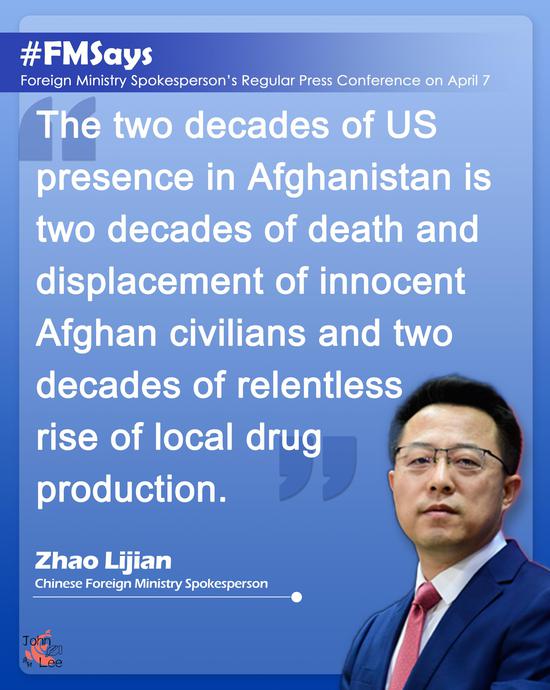
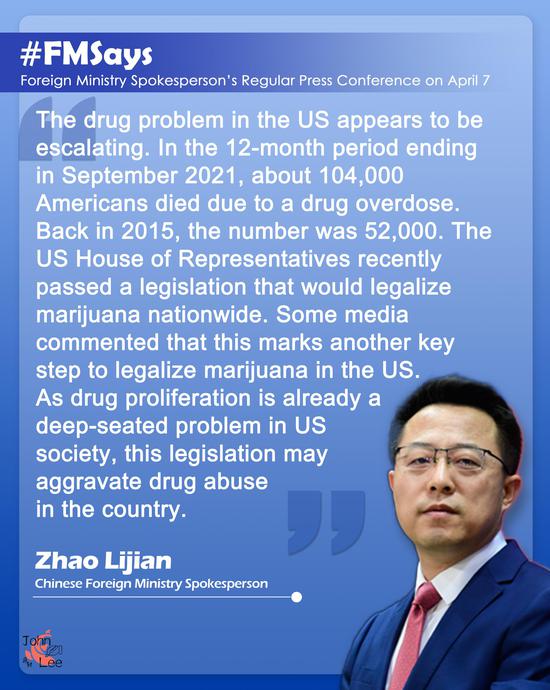



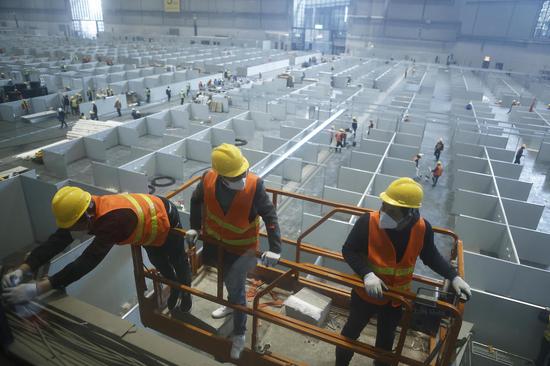
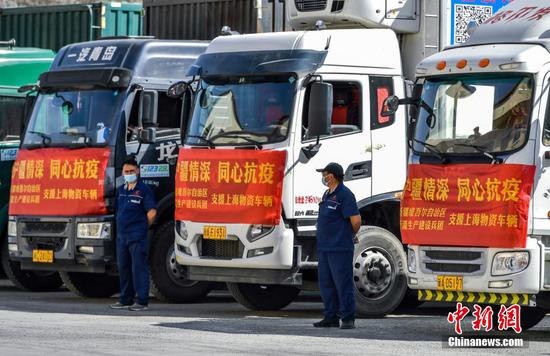

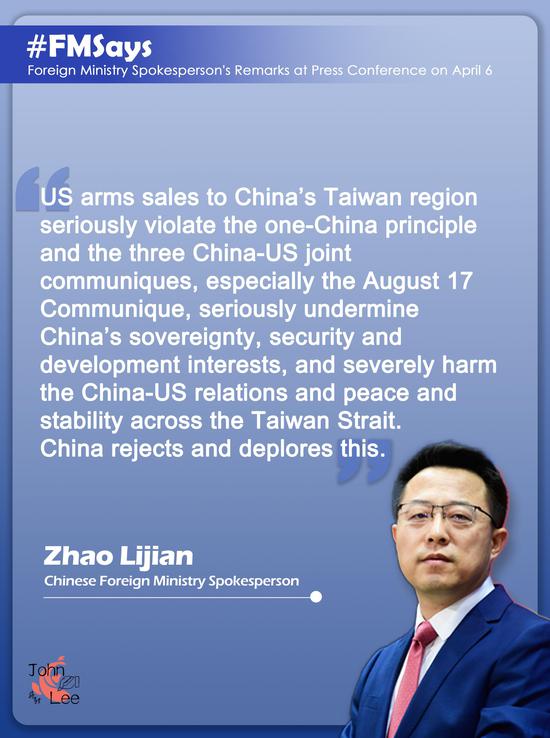
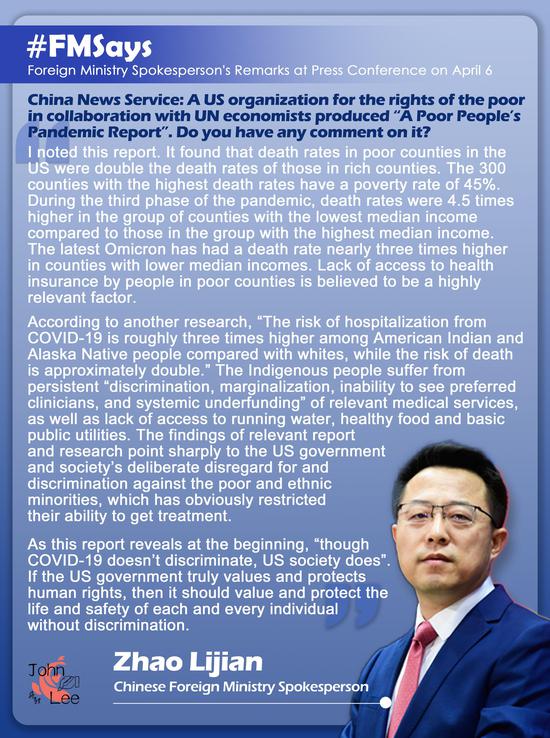





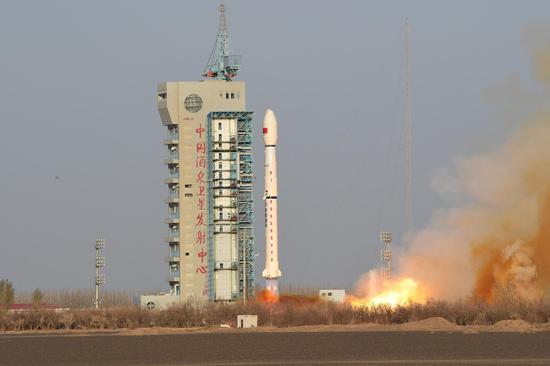





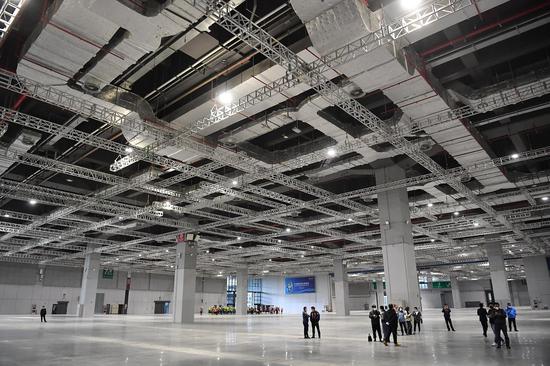







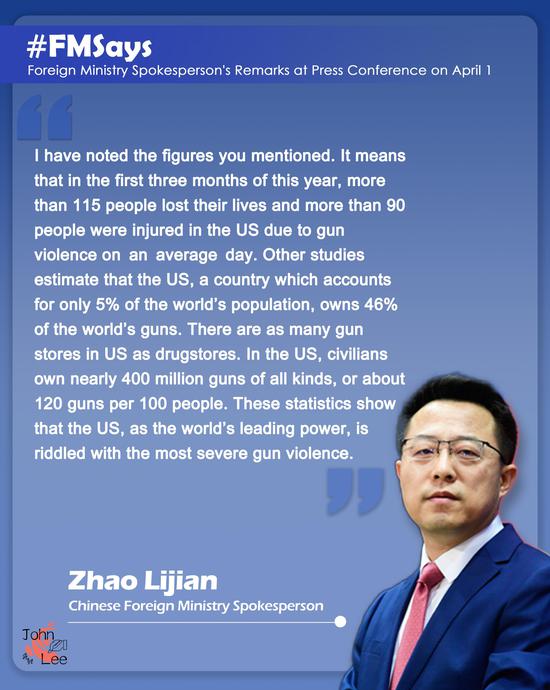
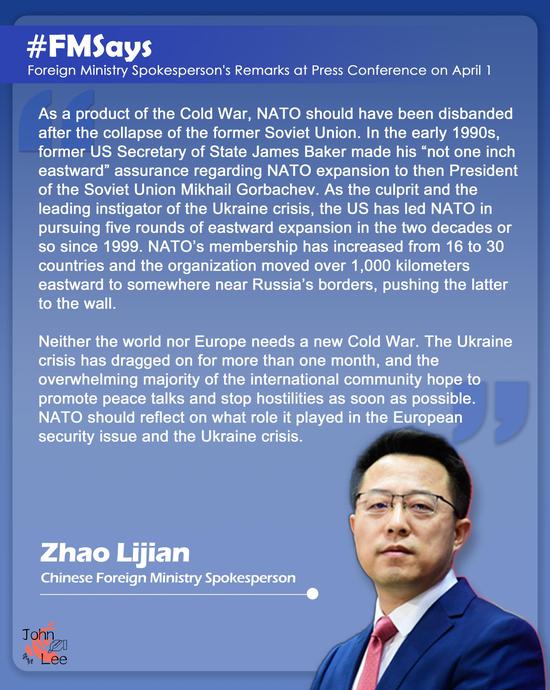

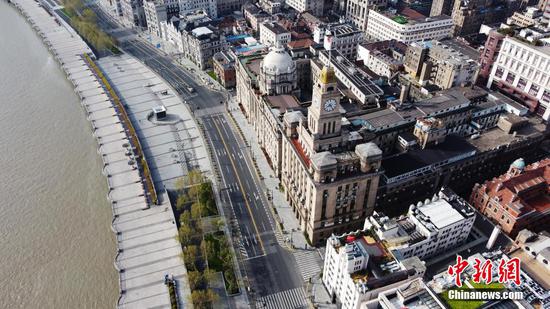

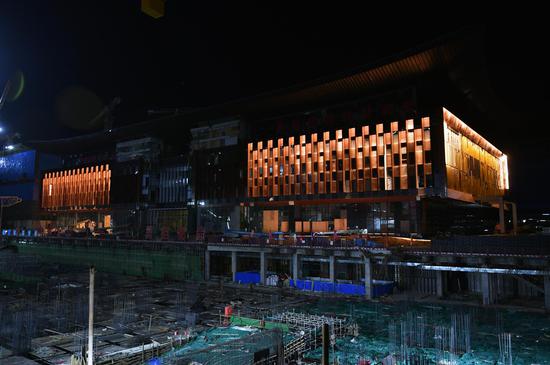







 京公网安备 11010202009201号
京公网安备 11010202009201号